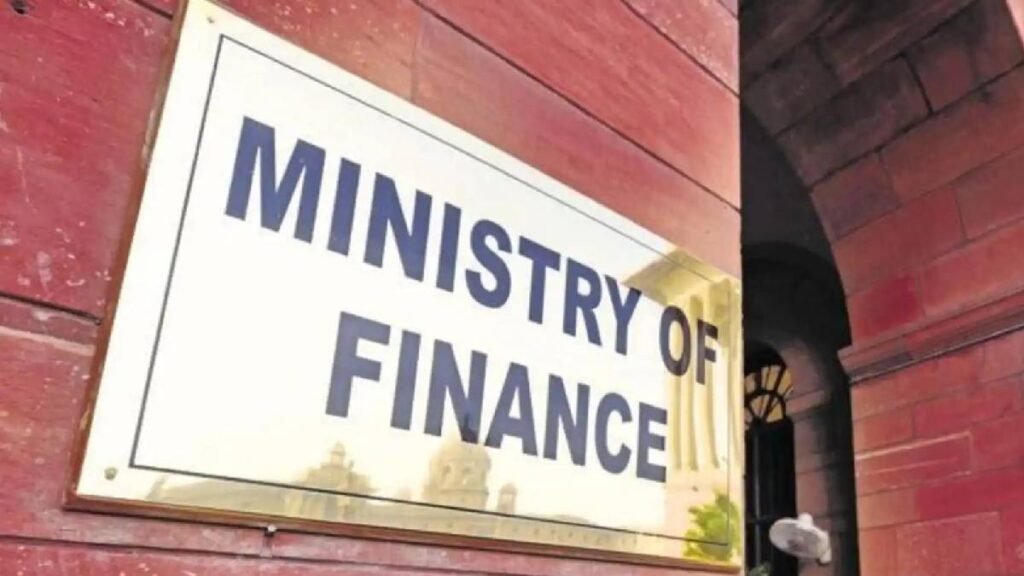As tensions between India and Pakistan escalate, the Finance Ministry has asked major financial institutions and payment companies to prepare for potential cyberattacks to avoid disruption to payment infrastructure.
As tensions between India and Pakistan have intensified following Pakistan’s targeted missile and drone strikes on various Indian cities late on the evening of May 8, the Indian government is taking every step necessary to provide a strong response. The Indian Armed Forces have retaliated decisively against the Pakistani attacks and have put key establishments on high alert. To enhance security measures, the Finance Ministry has instructed major financial institutions, including the Reserve Bank of India (RBI), banks, and the National Payments Corporation of India (NPCI), to remain vigilant and bolster their cybersecurity efforts to safeguard the country’s financial institutions and digital payment infrastructure, as reported by Money Control.
A senior government official has confirmed that the government has issued an advisory to financial institutions, including key banks, NPCI—which oversees the real-time payment system UPI—and the RBI, as well as other organizations deemed essential to the integrity and security of the nation’s financial system.
This advisory comes after both CERT-In and the Reserve Bank of India had already urged major financial institutions and payment companies to prepare for potential cyberattacks, given the prevailing circumstances.
On the night of May 8, India successfully repelled waves of Pakistani missile and drone attacks targeting its border areas and military bases in Jammu, Pathankot, Udhampur, and other strategic locations.
Meanwhile, Indian telecom operators such as Jio, Airtel, BSNL, and Vi are implementing emergency measures to ensure continuous connectivity, particularly for Emergency Operations Centres (EOCs) at both state and district levels. This initiative follows the recommendations from the Disaster Management Department of the Ministry of Telecommunications, which emphasized the importance of keeping Base Transceiver Station (BTS) sites operational within a 100-kilometer radius of the international border.
On May 7, the Department of Telecommunications (DoT) reached out to phone companies in India, asking them to follow important guidelines that were set up back in 2020. The ministry emphasized the need for these companies to comply right away and to take active steps to ensure they are following these rules.
ALSO READ: 4% of Revenue plus Rs 500 per subscriber, TRAI recommends fee for satellite internet companies
